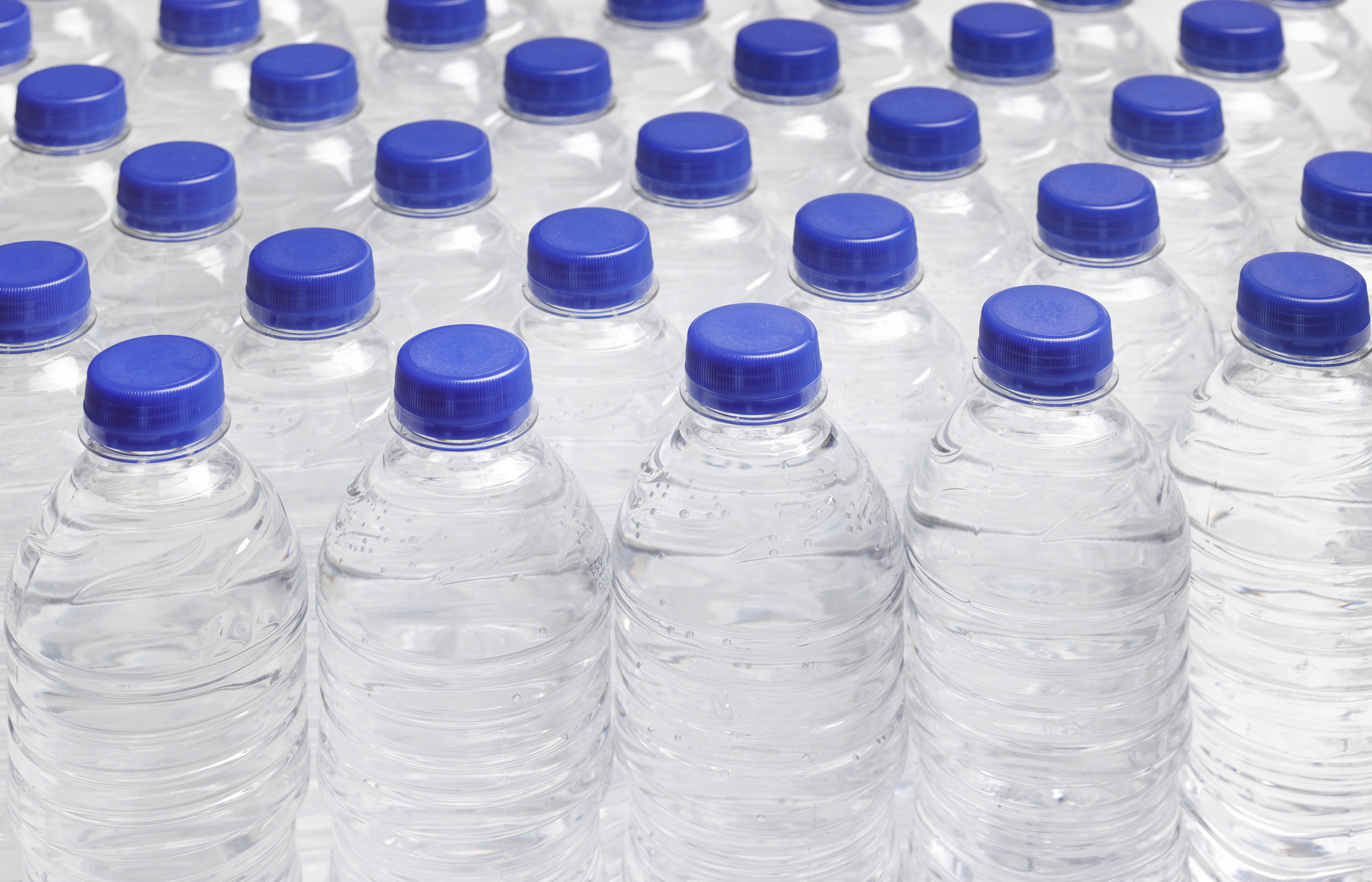COLTON HONG
POINTS TOTAL
- 0 TODAY
- 0 THIS WEEK
- 130 TOTAL
participant impact
-
UP TO8.0plastic bottlesnot sent to the landfill
-
UP TO1.0disposable cupnot sent to the landfill
-
UP TO20minutesspent learning
COLTON's actions
Waste
Skip the Straw
Plastic bags and small plastic pieces like straws are most likely to get swept into our Puget Sound and/or Pacific Ocean waterways. I will keep 5 plastic straw(s) out of the landfill per day by refusing straws or using my own glass/metal straw.
Waste
Use Reusable Bags
I will not accept any disposable bags when making purchases further reducing plastics that may enter Puget Sound and/or the Pacific Ocean.
Waste
Reduce Single-Use Disposables
I will find out how I can limit single-use items and do my best to limit the waste I generate, so long term, it stays out of the Puget Sound and/or the Pacific Ocean.
Waste
Recycle Everything I Can
Contamination prevents what is recyclable from being recycled. I will research and recycle all materials that are accepted by my local haulers or drop stations in my community.
Waste
Pick up Trash
I will pick up and properly dispose of litter on a daily walk through my neighborhood, since stormwater will otherwise carry it to the Puget Sound and/or the Pacific Ocean.
Waste
Pick up after my pets
I will pick up pet waste on every walk and once a week in my yard, since stormwater otherwise carries it to the Puget Sound and/or the Pacific Ocean.
Nature
Advocate for Green Spaces
I will call or write 1 public officials per day to advocate for more green spaces around my community and shared watershed.
Nature
Organize a Trash Cleanup Event
I will organize a trash clean up effort with friends, family, and neighbors at my favorite local trail or salmon stream to keep trash from flowing downstream via storm drains to Puget Sound and/or Pacific Ocean.
Nature
Get Expert Advice
Contact my Conservation District (or other local technical service provider) to come explain my home's landscape conditions and potential for restoration projects.
Transportation
I will be Whale Wise as a Marine Boater or Paddler
I will spend 10 minutes learning about local marine laws pertaining to orcas, responsible boat maintenance techniques, and will follow the Be Whale Wise guidelines.
Nature
Support Local Pollinators
At least 30% of crops and 90% of flowering plants rely on pollinators to produce fruit. I will spend 15 minutes researching which plants support local native pollinators and plant some in my yard to improve our regional ecosystem.
Education
Share my connection with Orcas through art
I will make a piece of art that connects my life to the life of Orcas and Salmon, and share it on social media.
Education
Switch to Natural Yard Care Practices
I will spend 10 to research, write-up, and deliver 1 page about why my family, landlord, apartment manager, or school should switch to natural/organic yard care practices, and deliver to that person.
Transportation
Properly dispose of boat waste
I will learn where pumpout facilities are in the Puget Sound areas I go boating, and use those pumpout facilities instead of dumping into the Puget Sound or Pacific Ocean beyond.
Transportation
Fix all car leaks
I will maintain my car/vehicle by fixing all car leaks and avoid leakage draining to the Puget Sound and/or the Pacific Ocean
Transportation
Use a Carwash
When I wash my car I will always take it to a commercial car wash facility to avoid driveway drainage of toxic chemicals entering the storm drain and local waterways, poisoning fish and Orcas in Puget Sound and/or the Pacific Ocean.
Education
Educate my family or friends
Spend 10 minutes educating my family/friends about Southern Resident Orca Whales and their endangered food supply.
Waste
Use a Reusable Mug
I will avoid sending 1 disposable cup(s) to landfills by using a reusable mug.
Education
Learn about my watershed
I will spend 10 minutesIdentifying what sub-basin I live in and learning about my watershed's water quality, fish habitat problems, and options for volunteering.
Waste
Use a Reusable Water Bottle
I will keep 4 disposable plastic bottle(s) from entering the waste stream, and downstream in Puget Sound and/or the Pacific Ocean, by using a reusable water bottle.
Participant Feed
-
 COLTON HONG 10/19/2020 8:19 AMOver time, plastic gets broken down, like many other things. But when it does, it just becomes tiny pieces of plastic, microplastics. When in the ocean, these microplastics are consumed by tiny marine animals, like zooplankton. This zooplankton is eaten by an animal bigger than it, and that animal is eaten by an animal bigger than it and so on. But the problem here is that the tiny microplastics first eaten by the zooplankton still remain. This process is called bioaccumulation. The plastic moves up the food chain until it reaches the orca, where it has harmful effects.
COLTON HONG 10/19/2020 8:19 AMOver time, plastic gets broken down, like many other things. But when it does, it just becomes tiny pieces of plastic, microplastics. When in the ocean, these microplastics are consumed by tiny marine animals, like zooplankton. This zooplankton is eaten by an animal bigger than it, and that animal is eaten by an animal bigger than it and so on. But the problem here is that the tiny microplastics first eaten by the zooplankton still remain. This process is called bioaccumulation. The plastic moves up the food chain until it reaches the orca, where it has harmful effects.
According to One Green Planet, "These contaminants can impair the immune and reproductive systems of orcas, act as endocrine disruptors, and alter development of the brain and reproductive systems." Keep in mind, the orcas are receiving an entire ecosystems worth of plastics, so this makes it harder for the orcas to reproduce, which has caused no calves to have been seen in the West Coast Community in decades of study.
Please use a reusable water bottle not a plastic one.